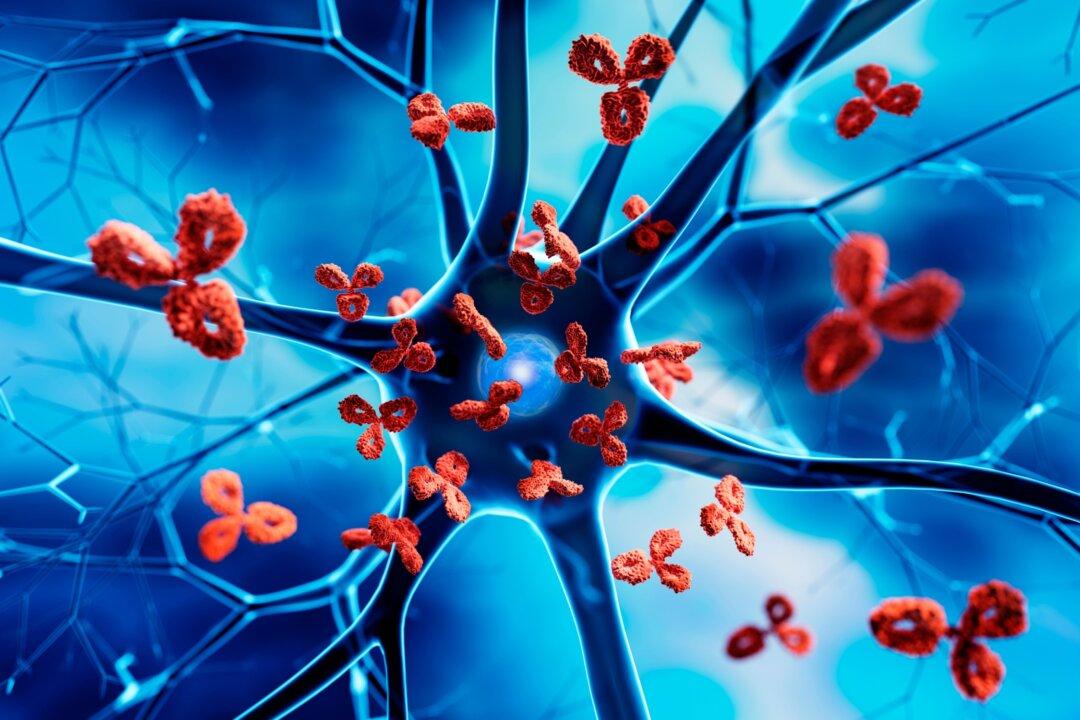When a patient complains of subtle bloating and heartburn, typically doctors diagnose them with high stomach acid and prescribe acid-blockers. However, reducing stomach acid frequently compounds the problem because in many cases the issue isn’t high, but low stomach acid caused by a pervasive H. pylori infection.
H. pylori is a common bacterium that burrows into the lining of the stomach, suppressing stomach cells called parietal cells from releasing hydrochloric acid, the enzyme we use to digest proteins.






